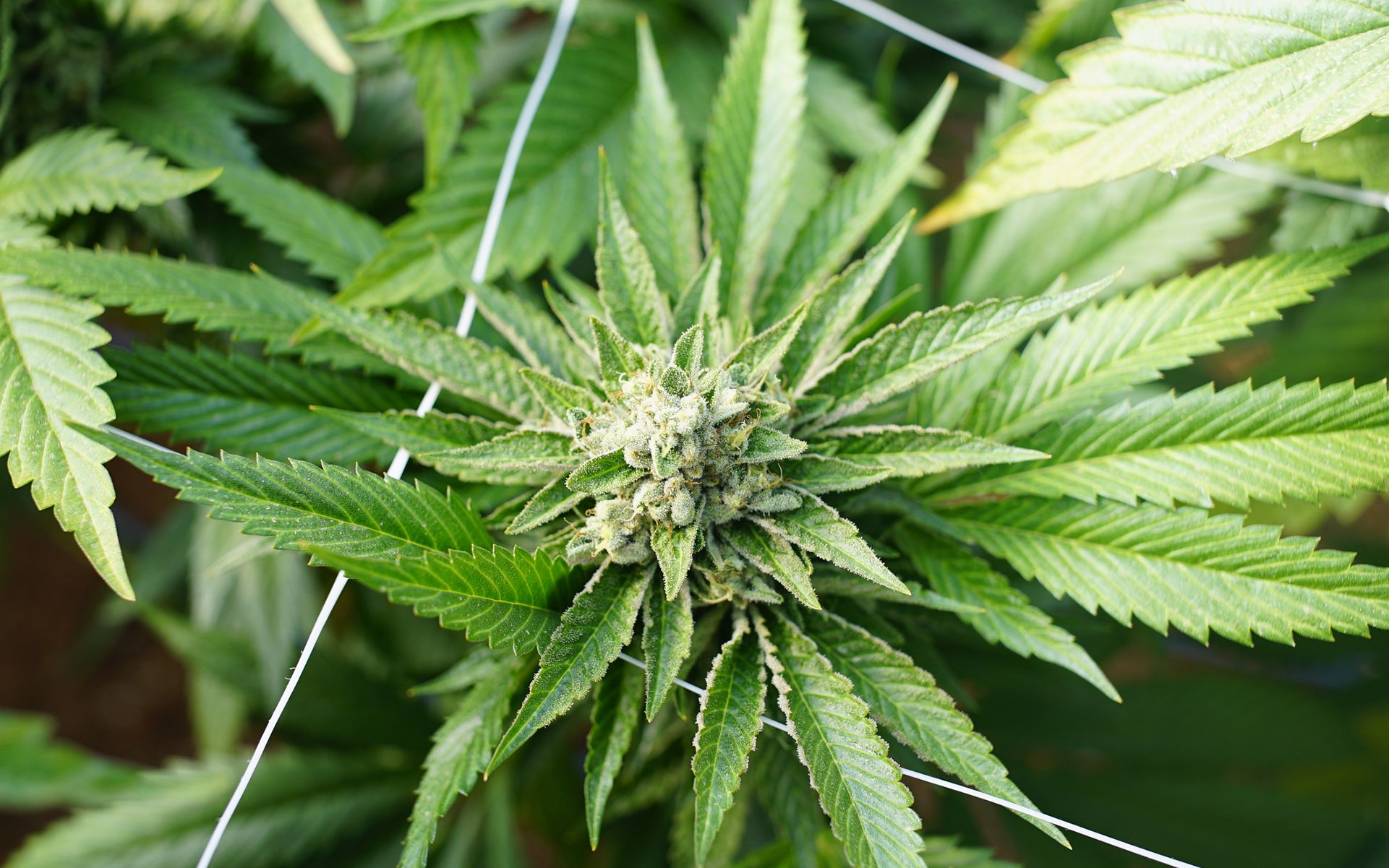According to a new study published in the International Journal of Drug Policy, homeless women who use medical cannabis are less likely to use lethal hard drugs such as crack, cocaine, crystal, speed, crank, glass, and ice.

Background
Several studies suggest that U.S. state-level legalization of cannabis for medical purposes may be associated with reductions in opioid use; yet its relationship with stimulant use, particularly in high-risk populations like unstably housed women, has received less attention. The purpose of this study was to estimate independent associations between medical and non-medical use of cannabis and use of stimulants and opioids among unstably housed women.
Methods
Cross-sectional data were analyzed from 245 women in the SHADOW study, a community based cohort in San Francisco, CA, in which HIV+ women were oversampled (126 HIV+ and 119 HIV-).
Results
Compared to no cannabis use in the past 6 months (51%), non-medical cannabis use (28%) was associated with a higher adjusted odds of using stimulants (Adjusted Odds Ratio [AOR] = 4.34, 95% confidence interval [CI]: 2.17–8.70) and opioids (AOR = 3.81, 95% CI: 1.78–8.15). Compared to no cannabis use, medical cannabis use (21%) was not significantly associated with stimulant or opioid use. Compared to non-medical cannabis use, however, medical cannabis use was associated with lower adjusted odds of using stimulants (AOR = 0.42, 95% CI: 0.18–0.96). These associations were not modified by HIV status.
Conclusions
Associations between use of cannabis and “street drugs” depend on whether the cannabis is obtained through a medical context. Interventions, research, and policy considering the influence of cannabis on the use of other drugs may benefit by distinguishing between medical and non-medical cannabis use.
Full stduy here.
Hi! I am a robot. I just upvoted you! I found similar content that readers might be interested in:
http://www.weedworldmagazine.org/2017/12/12/medical-cannabis-opioids-stimulant-unstable-housed-women/